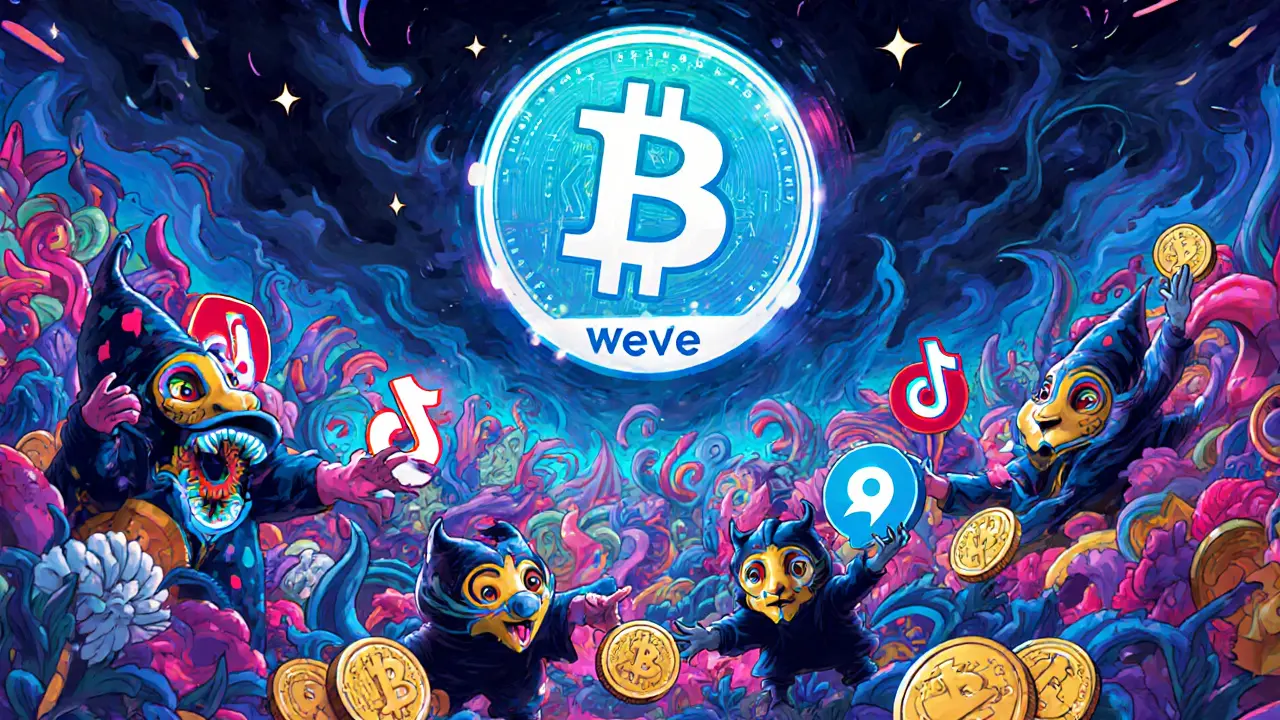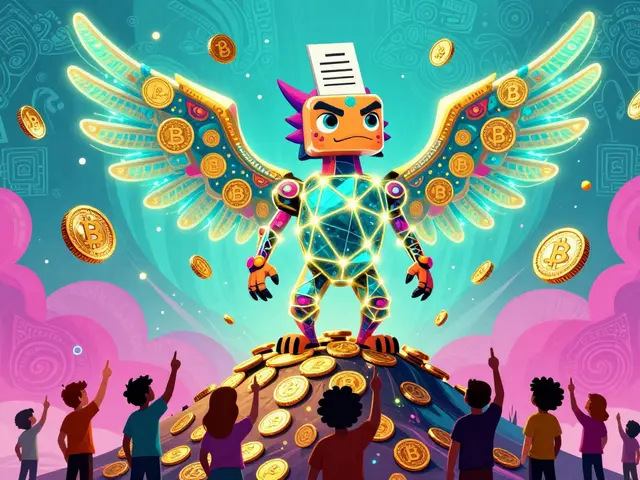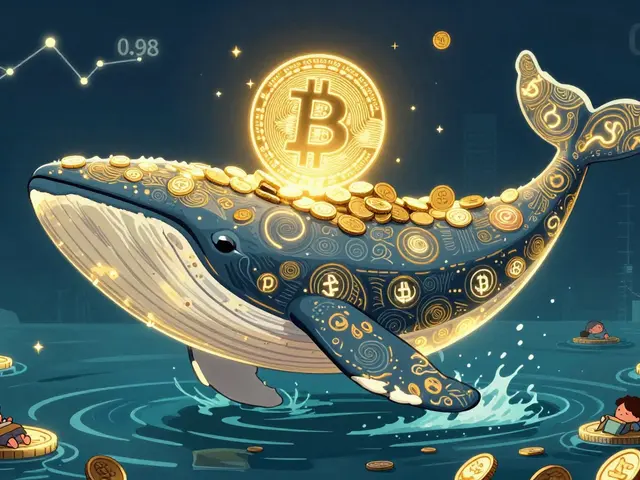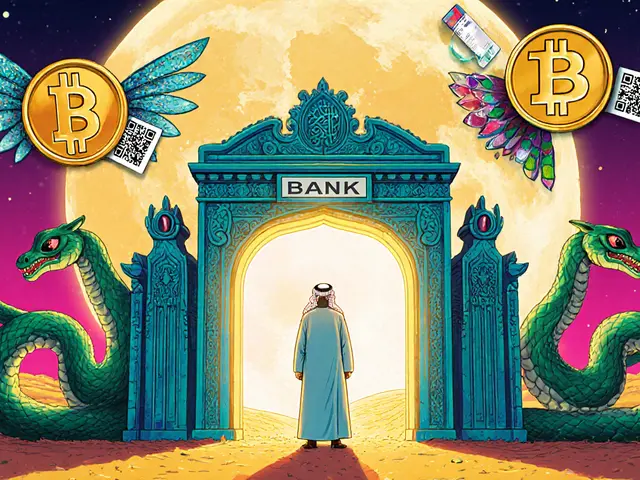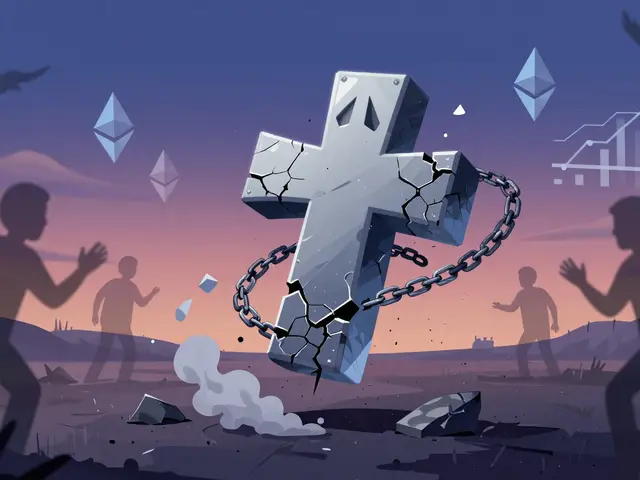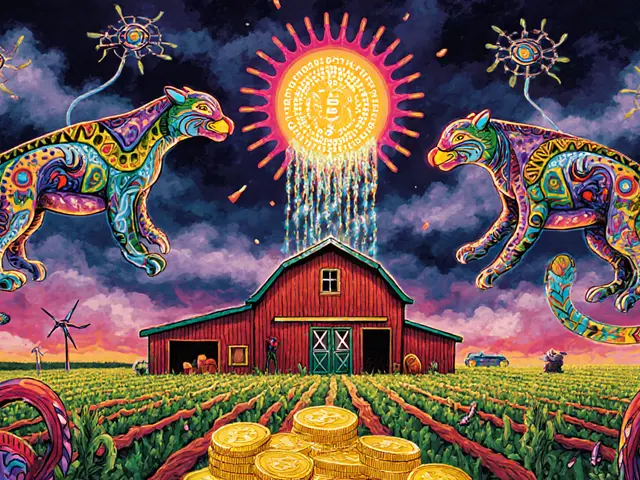What is veDAO?
When you hear veDAO, a token governance model where users lock tokens to gain voting rights and rewards. It's not a project—it's a system. Also known as voting escrow, it turns token holdings into influence, not just balance. Unlike holding tokens freely, veDAO makes you commit. You lock your tokens for weeks or months, and in return, you get voting power on proposals, a share of fees, or extra token rewards. It’s how DeFi protocols like Curve and Convex keep long-term users in control instead of letting short-term speculators run the show.
veDAO is closely tied to token governance, the process of making decisions about a blockchain protocol using token-based voting. If you own a token but don’t lock it, you might not get to vote on changes to interest rates, fee splits, or new features. But if you lock it as veDAO, your voice matters. This system rewards patience. The longer you lock, the more power you get. It’s not about buying in and cashing out—it’s about sticking around and helping shape the future.
It also connects to locked tokens, tokens held in a smart contract for a set period to prevent immediate selling. These aren’t just storage—they’re tools. Locked tokens reduce sell pressure, stabilize prices, and give the protocol breathing room to grow. veDAO uses this idea to create a feedback loop: lock more, earn more, vote more, build more. That’s why projects use it instead of simple airdrops or free token distribution. It filters out flippers and keeps the real builders engaged.
You’ll see veDAO in action in protocols that care about sustainability, not hype. It’s not for meme coins or quick flips. It’s for DeFi platforms that need steady liquidity, fair governance, and users who won’t abandon ship when the price dips. If you’ve ever wondered why some tokens feel more stable or why certain communities make decisions slowly but deliberately, veDAO is often why.
Below, you’ll find real-world examples of how this system plays out—some working well, others failing hard. You’ll see projects that got veDAO right, and others that pretended to use it while ignoring its core purpose. Whether it’s about earning rewards, voting on upgrades, or understanding why your tokens aren’t moving, the posts here cut through the noise and show you what actually happens when veDAO is implemented—or ignored.
